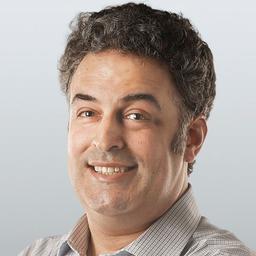Commentary
For weeks, Prime Minister Justin Trudeau and the Liberals minimized, claimed ignorance, or flat-out denied various allegations of foreign interference in Canada’s election process and its democratic institutions. But the court of public opinion could only absorb so much nonsense about a long-standing, decades-old problem and ruled against them.





